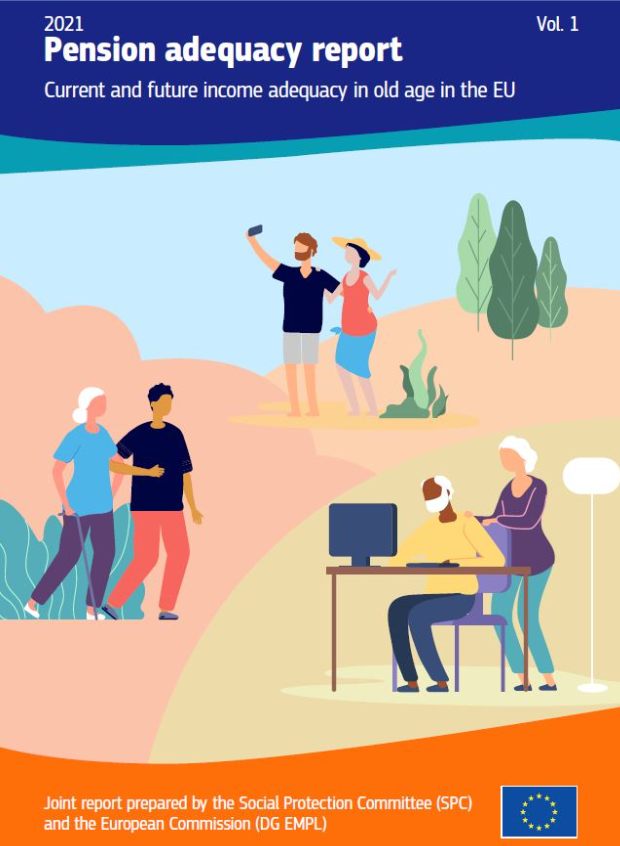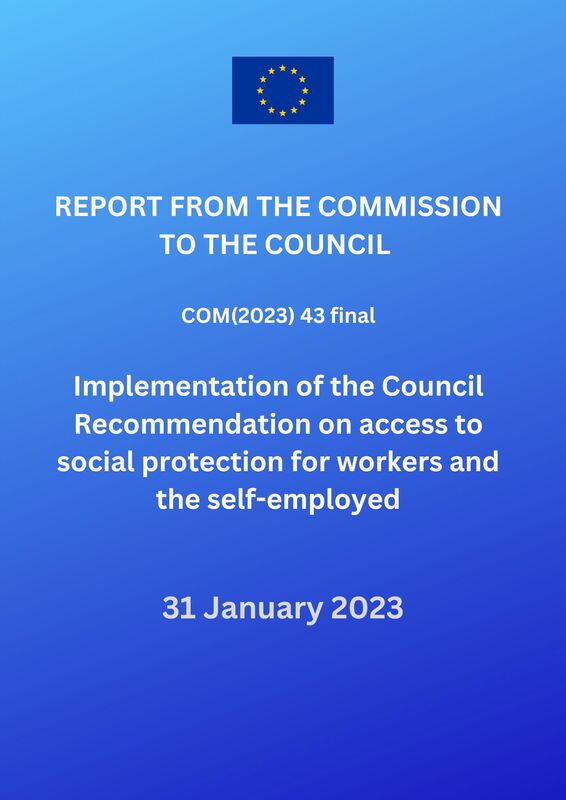Pensions
Pensions aim to maintain the living standards of older people and protect them from poverty. They are the main source of income for about one quarter of the EU population.
The European Pillar of Social Rights stresses in its Principle 15:
- the right of workers and the self-employed to a pension commensurate with contributions and ensuring an adequate income
- the right to equal opportunities to acquire pension rights for both women and men
- the right to resources that ensure living in dignity in old age
|
The situation in the EU
The share of older people in Europe's population is increasing along with life expectancy. European pension systems will need to adapt to remain able to provide future generations of retirees with an adequate income. Pensioners in most EU countries are more likely to be poor than those who work and inequality among pensioners persists:
|
|
Policy responses
While pension policy and legislation is decided and implemented predominantly at national level, EU legislation protects the pension rights of people who move between EU countries. Social security coordination ensures cross-border protection of state pensions, while the right of mobile workers to supplementary pensions is protected by special rules. Furthermore, the EU supports national efforts to ensure a high level of social protection, including pension adequacy, by facilitating mutual learning and exchange of best practices. This support includes:
The EU also provides country analysis and guidance, including on pension policies, within the European Semester economic coordination cycle. Support to national pension reform measures is available from the Recovery and Resilience Facility and the Technical Support Instrument. |



